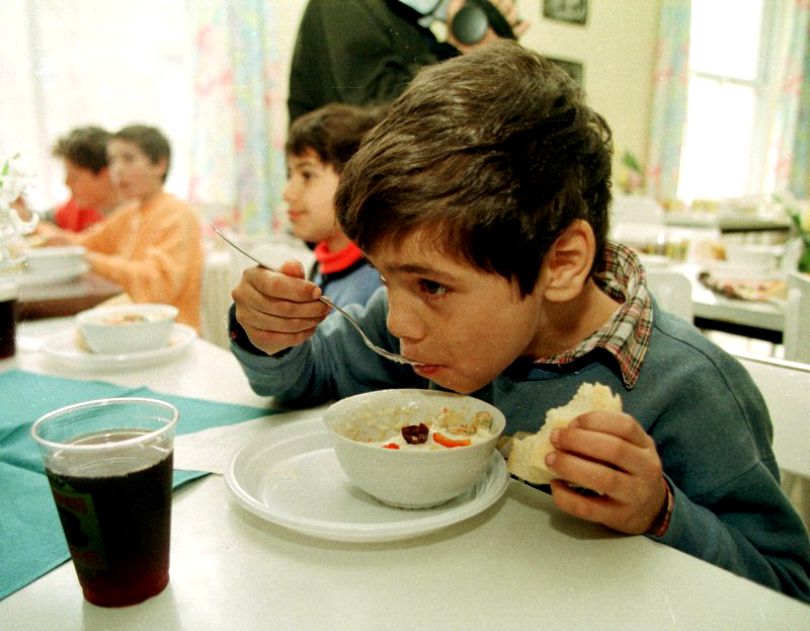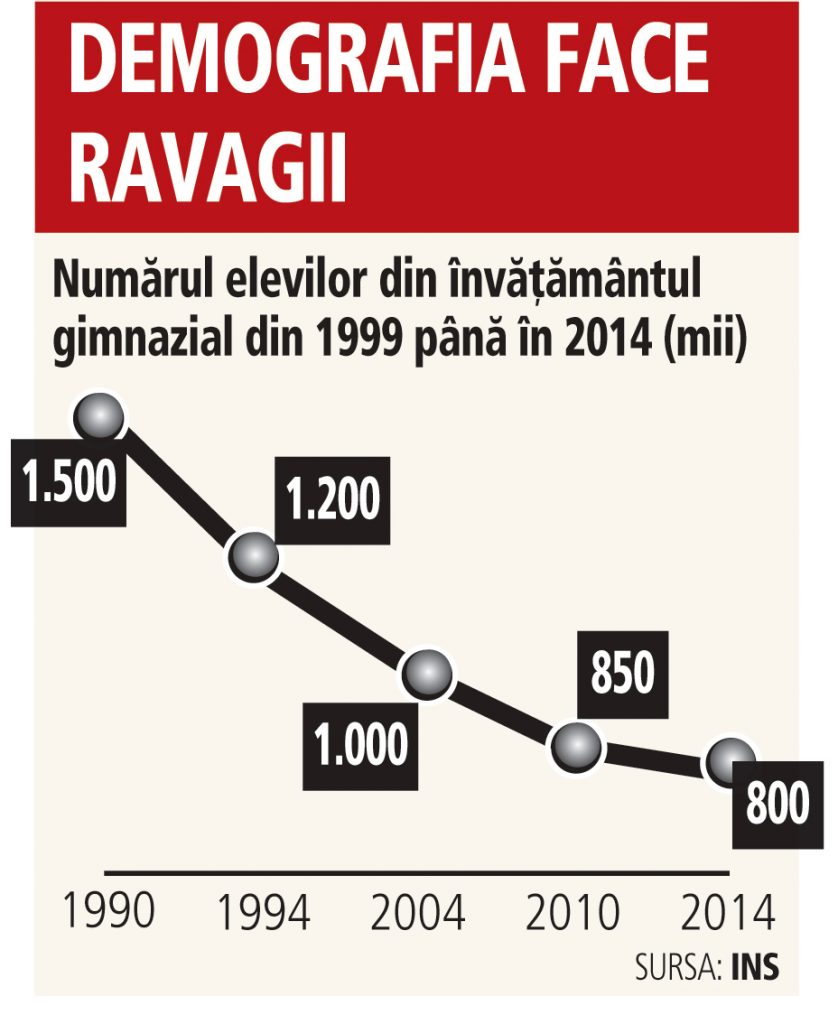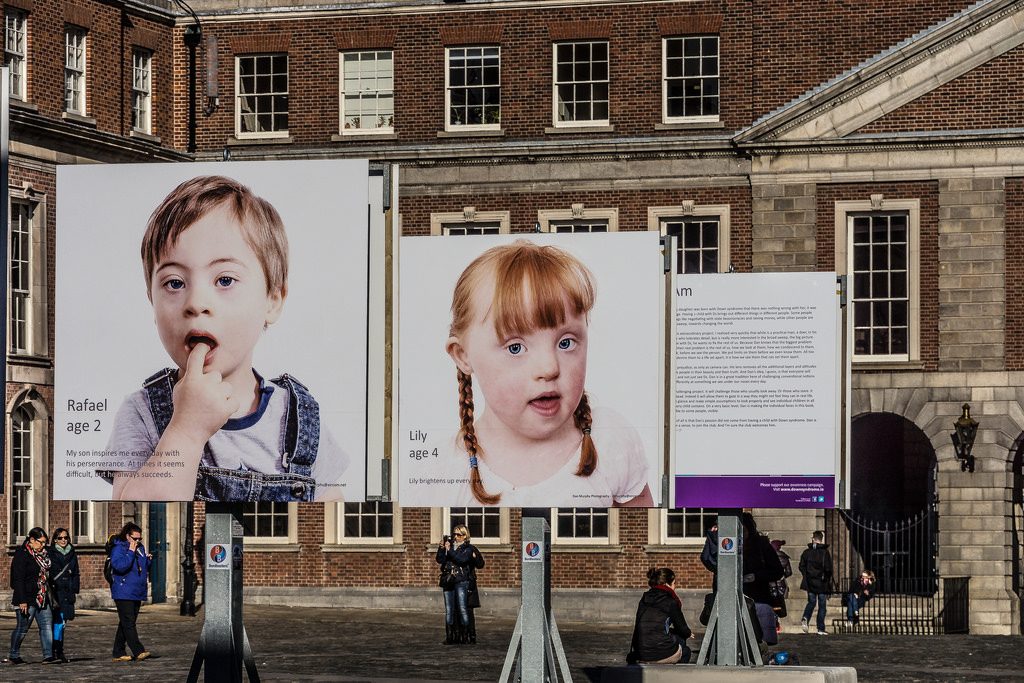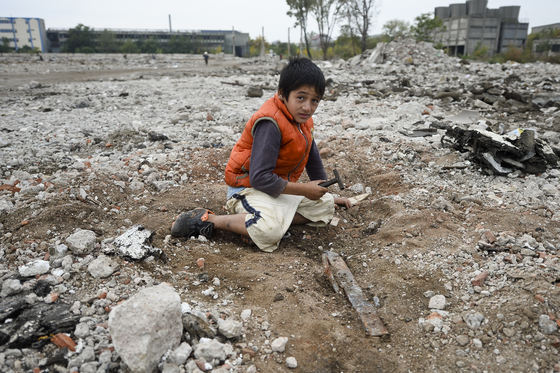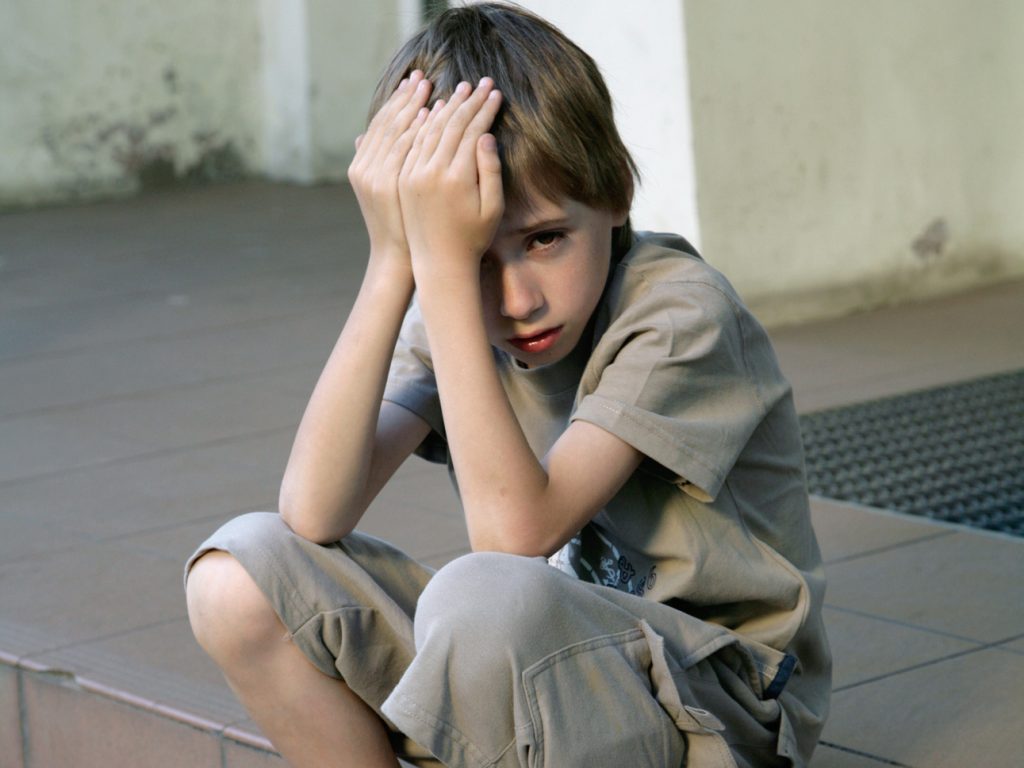
Source: Dilema Veche
One sunny Sunday morning I kept watching the trees and I could touch them with my mind, I was looking at the leaves that were regaining the greenery that has been lost two seasons ago It crossed my mind a feeling of resurrection. Seeking through the papers that I have thrown all over the room, I found some pages of notes, I decided to close my eyes, let myself carried away by the wave of the Universe and stop at a page that would inspire me for the rest of the day. In my searches I found a quote that always inspired my fear of the past. I told myself that I must be Zoe man and frontly attack the subject of the quote.
The quote is an extract from a conversation between Mrs Maylie and Oliver Twist: “Oliver, my child,” said Mrs. Maylie, “where have you been, and why do you look so sad? There are tears stealing your face at this moment. What is the matter? “” It is a world of disappointment: often to the hopes we most cherish, and we hope that our nature is the greatest honor. “(Oliver Twist, pp. 622-623). It is a moment from the end of Oliver Twist’s realistic novel by Charles Dickens (published between 1837 and 1839), a moment when Oliver reveals Mrs. Maylie the sadness with which his hopes have been broken by the disappointments in his life.
Plecînd de la aceste gînduri ale lui Twist, m-am gîndit că ar fi bine să aduc în faţa cititorilor un text al unui subiect sensibil, subiect care are strînsă legătură cu citatul redescoperit: despre o pagină din ceea ce înseamnă să fii orfan (instituţionalizat) în România. Este un text pe care vreau să-l trataţi, dragi cititori, cu mare atenţie şi care vreau să fie înţeles întru deplinătatea entităţilor sale empirice. Să fie privit cu sufletul, cu mintea deschisă, fără prejudecăţi, fără stereotipuri, fără rasism, fără mentalităţi greşite sau segregare socială.
Starting from Twist’s thoughts I thought it would be good to bring to my readers a text of a sensitive subject, a subject closely related to the rediscovered quotation: a page of what it means to be an orphan (institutionalized) in Romania. It is a text that I want you to treat, dear readers, with great care and which I want to be understood in the fullness of its empirical entities. May this text be seen with the soul, with an open mind, without prejudices, without stereotypes, without racism, with no wrong mentality or social segregation.
Brief historical context
Many contemporary citizens imagine that an orphan’s life means being transposed into one of the outstanding characters in the universal literature, that it also means living under the conditions of English or French realism in the nineteenth century and, in particular, Be the little Rémi, Cuore, Marius or Cosette, Pip, Twist or Copperfield. Many do not know, they can not know and should not be blamed for moments they have not lived or will not live with.
More ….
